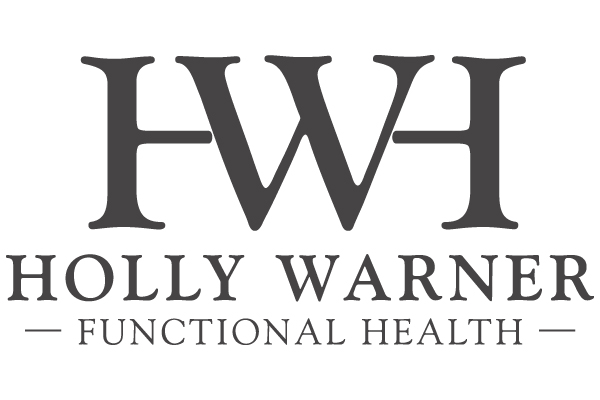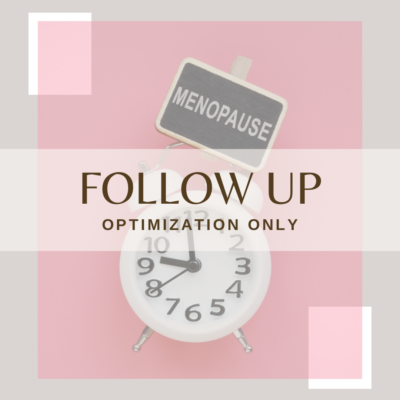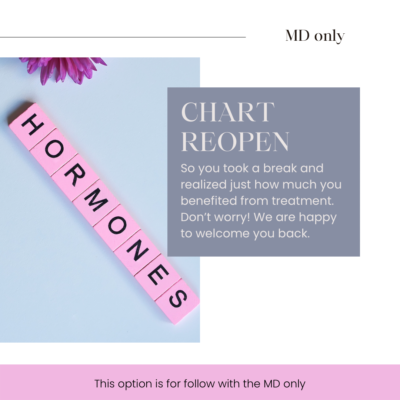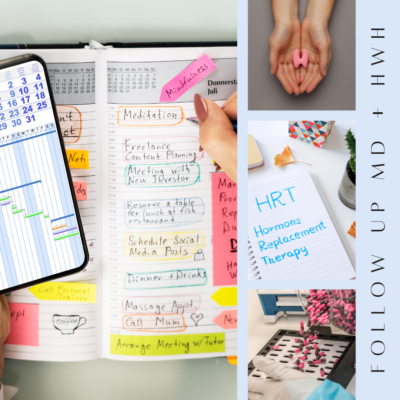In my industry I see it daily, patients come into my office wanting to get off or stay away from pharmaceutical drugs, yet they have a medicine cabinet loaded with supplements. Umm…. whats the difference?
We have a one size fits all multi-vitamin (useless), we have the miracle supplement from the crazy person down the street who we met at some networking event or who works with Aunt Sue. We have the mlm product that promised to save me from the damage of (insert dramatic line here- heavy metals poisoning, gut issues, autoimmune disease or even cure cancer!), and then we have the FAT BURNERS. It’s every lazy persons dream. They aren’t just for those who are over weight to be able to eat cake, they are for those who are in shape… to be able to eat…cake. Or poutine, or sour patch kids or cookies, or – I think you get the picture.
We believe the lines about these miracle (synthetic) supplements being the answer to whatever deficiency we supposedly have, to ward off a deficiency or to treat a specific condition. We take sports supplements to enhance performance, build muscle, repair tissue, fill the gap in our diets, boost our health or immune system in general, we take a pill for this, an oil for that and voila we are healthy right? But then why do we still feel like CRAP?
Truth be told, supplements have become a household item every one has and no one knows what to do with. Like that cool gadget you bought at the as seen on tv store but never actually used (like the laundry folder).
Now I’m not bashing them all, some are great,some are necessary (as part of a healing protocol and meant to be taken short term) and others are something that should be a staple in our daily life.
You see, we have been so brain washed to believe that these “natural” alternatives are better than big pharma, but it’s big pharma making them!
We think of them as safe, or safer. We believe it must be safer and therefore good for us because it isn’t a drug. We believe that we need all of these things based upon marketing claims. We believe what the bottle says to be true because how could they lie to us? But they are not always safe and in some cases they can cause illness and even death.
Let’s look at this list of ingredients shall we?
Bitter orange
black tea extract
caffeine
folic acid (not folate)
green tea extract
white tea extract
niacin-amide (a form of B3)
B12
B6
Vitamin C (usually ascorbic acid, and very much synthetic)
Vitamin E
This list doesn’t sound very scary AT ALL. What you don’t realize is that this is a common FAT burning cocktail, while seeming natural could actually be quite lethal. For those of you out there buying into these garbage products, go take a look at what is in your so called fat burner. If it has these ingredients you may want to reconsider taking them. No, scrap that. If you have fat burners, throw the damn things out. It’s bullshit and you don’t need them. Don’t be so lazy, put down the fucking cake people. You are setting yourself up for a whole world of hurt later on down the road. You are messing with your metabolism, your thyroid, your bodies own natural ability to burn fat (yes it does that on it’s own) and your hormone balance.
A colleague of mine recently put out his quarterly newsletter, and it in were these very ingredients coming into question. It was followed up with the story of a woman who took them for only a week, and nearly died. As per the instructions on the bottle, she took 2 capsules per day for 6days, and on the 7th day she woke up vomiting. The vomiting continued for another four days. Why it took her so long to get to emergency is beyond me. She finally caught out medical attention and was admitted immediately. Her skin was yellow (jaundice) and she was suffering severe dehydration.
The supplements had essentially shut down her kidneys and liver. After conducting some tests, doctors learned that her alanine-aminotransferase level—a measure of liver damage—was 2,575 units per litre. To put that into perspective, a normal range is 7 to 35 units per litre. She was immediately put on dialysis and spent 10 days in the intensive care unit and a month recovering at home—all from taking a “natural” supplement for a week. Sounds fun doesn’t it? This was a popular fat burner from a well known company (I’m not into getting sued so I wont name names – mlm *cough*)
So what caused this reaction? The green-tea extract and the bitter orange combination. Green tea, when consumed in its natural state is a anti oxidant rich, safe and healthy addition to most peoples diet. In extract form however, it is not. There have been more than 60 cases reported in the medical literature (yes I have actually been looking into this), they all point to green tea extract being tied to liver failure. This may seem like a low number to you but that’s just the cases directly tied to liver failure, not the unreported cases, which I see in my own practice all to frequently. It also doesn’t include liver damage which is also common.
If you take a look on the Natural Medicines Comprehensive Database you will find that green tea extract is in over 3,700 different supplements… Make sure you know what you are taking and why. Stop taking the easy (lazy) way out. It isn’t serving you long term. Eventually you will end up in my office with your adrenals in complete chaos and the road to recovery is not a short one.
Is it worth it to take a fat burner so you can have that piece of cake? Why not just have a smaller piece of cake but don’t do it every day. How about that?
When it comes to supplements, do what’s best – get what you need for the most part from food. More is not better, don’t jump on the latest trend and please do not take health advice from some chick/dude who sells a product and has ZERO training. I don’t care what “title” the company has bestowed them. They could be knighted for all I care. Look for trained practitioners.
The more nutrition you get from your diet, the less you need to look at supplementing. Yes it’s that simple.
Remember, “natural” doesn’t mean healthy. When needed as a healing protocol supplements are meant to fill temporary holes in your diet, combat a known deficiency to build you back up to optimal levels but NOT act as the primary component of a healthy diet or lifestyle.
References
1. Picard, A., “With supplements, never assume ‘natural’ means safe,” The Globe and Mail, May 31, 2016, www.theglobeandmail.com//opinion/with-supplements-never-assume-natural-means-safe/article302124 67/?cmpid=rss1&click=sf_globefb, last accessed June 13, 2016. 2. “The dangers of dietary and nutritional supplements investigated,” September 2010, Consumer Reports, www.consumerreports.org/cro/2012/05/dangerous-supplements/index.htm, last accessed June 13, 2016. 3. Crowe, K., “Aging Slowed in Mice with Supplement Mix,” CBC News, January 3, 2012, www.cbc.ca/ news/health/aging-slowed-in-mice-with-supplement-mix-1.984583, last accessed June 13, 2016. 4. Lemon, J. et al., “A Multi-ingredient supplement abolishes large-scale brain cell-loss, improves sensory function, and prevents neural atrophy in aging mice,” Env Molec Mutagen, May 20, 2016, onlinelibrary. wiley.com/doi/10.1002/em.22019/full, last accessed June 13, 2016; DOI: 10.1002/em.22019. 5. McMaster University, “Fountain of youth? Dietary supplement may prevent and reverse sever damage to aging brain, research suggests,” Science Daily, June 2, 2016, www.sciencedaily.com/ releases/2016/06/160602095204.htm, last accessed June 13, 2016. 6. Tavernise, S., “Salty surprises in the food you eat,” New York Times, June 7, 2016, www.nytimes.com/ interactive/2016/06/07/health/salt-in-food.html?rref=collection%2Fsectioncollection%2Fhealth&actio n=click&contentCollection=health®ion=rank&module=package&version=highlights&content Placement=2&pgtype=sectionfront&_r=1, last accessed June 13, 2016. 7. “Shifting the balance of sodium and potassium in your diet,” Harvard School of Public Health, 2016, www.hsph.harvard.edu/nutritionsource/sodium-potassium-balance, last accessed June 13, 2016. 8. Mercola, J., “To protect your heart, your sodium to potassium ratio is more important than your overall salt intake,” Mercola, August 25, 2014, articles.mercola.com/sites/articles/archive/2014/08/25/sodiumpotassium-ratio.aspx, last accessed June 13, 2016. 9. Smith, J., “Changes in intake of protein foods, carbohydrate amount and quality, and long-term weight change: results from prospective cohorts,” Am J Clin Nutr, April 8, 2015, ajcn.nutrition.org/content/ early/2015/04/08/ajcn.114.100867, last accessed June 13, 2016; doi: 10.3945/ajcn.114.100867. 10. Cincinnati Children’s Hospital Medical Centre, “Many with migraines have vitamin deficiencies, says study,” Science Daily, June 10 2016, www.sciencedaily.com/releases/2016/06/160610140645.htm, last accessed June 13, 2016







I don’t even know what to say, this made things so much eaesri!
You’re on top of the game. Thanks for shgnria.